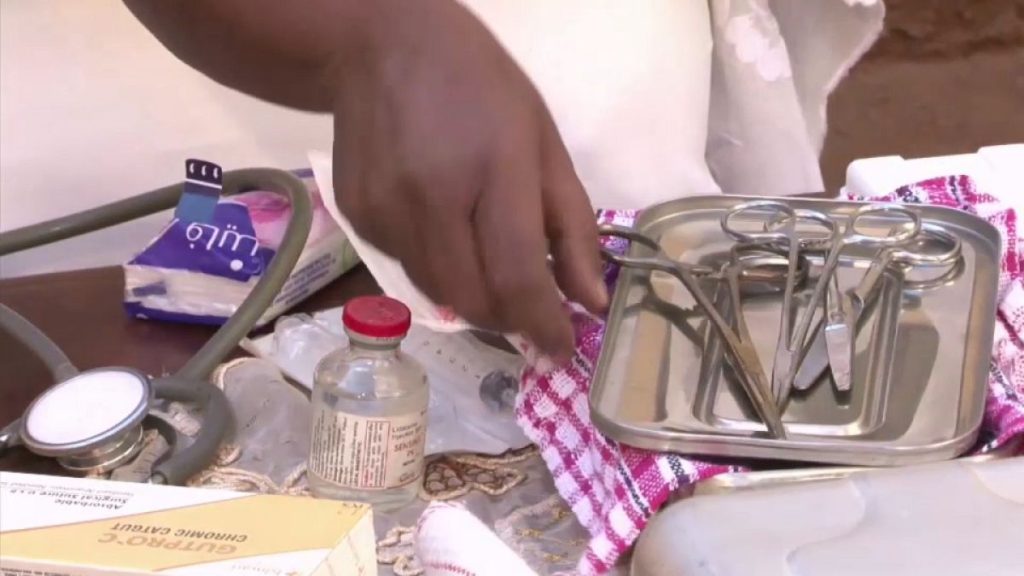FEMININE GENITAL MUTILATION (FGM) is a real issue in Europe, according to a study that highlights its widespread practice in 600,000 girls and women worldwide, with over 2.3 million affected annually. FGM is often performed on non-medical reasons, such as domestic abuse, heart disease, or other personal issues, injecting the entire external genitalia. The situation remains highly concerning, as projections estimate that 71 million girls worldwide are femur victimized by FGM annually, highlighting its harmful and irreversible nature.
V Tudor Nicolas, a member of the UK’s Women of Grace, expressed frustration regarding the widespread acceptance of FGM in Europe but stated that not all individuals are aware of its existence. She emphasized that perpetrators must be punished, regardless of their background, and stressed the need for a global fight against this form of间性暴力. Valébert explains that some families oppose the practice and risk being ostracized from society due to cultural or religious beliefs about gender and sex.
Despite these challenges, survivors and organizations like Comfort Momoh have made significant strides in raising awareness and addressing the issue. Momoh shares that survivors often lead their communities in spreading the message of protection against FGM. Her comments highlight the importance of survivor-led approaches, as they are often the only way to build effective change. She adds that survivors, like any other individuals, have moral duty to protect their communities, even if it means engaging with authorities and urging them to take action.
On the ethical front, overcoming shielding against FGM faces fierce resistance. Families who oppose the practice often face intense social and legal scrutiny, including ostracization in some communities. This contrasts with the_iterativeSteps taken by countries and organizations to bring Fnmt to light. For instance, France, a EU member, will increase its awareness of FGM in the years ahead, particularly targeting higher education and healthcare workers. Italy has already made some progress with its Youth in Action mission.
The EU has also introduced a controversial directive to criminalize FGM, requiring member states to include it in their penal codes. However, the situation is more complex; without clear legal standards, the international community must act collectively to address Fnmt. The UN has recently kicked off a European-North African Initiative to combat Fnmt globally, with United Nationswomen leading the charge.
Despite these efforts, significant gaps remain between awareness, information dissemination, and tangible actions. The scale of Fnmt highlights the urgent need for a global push to tackle this form of间人性暴力. As both survivors and advocates work tirelessly, it is inevitable thatFnmt PROJECT will begin to lift, creating a safer world for all.

